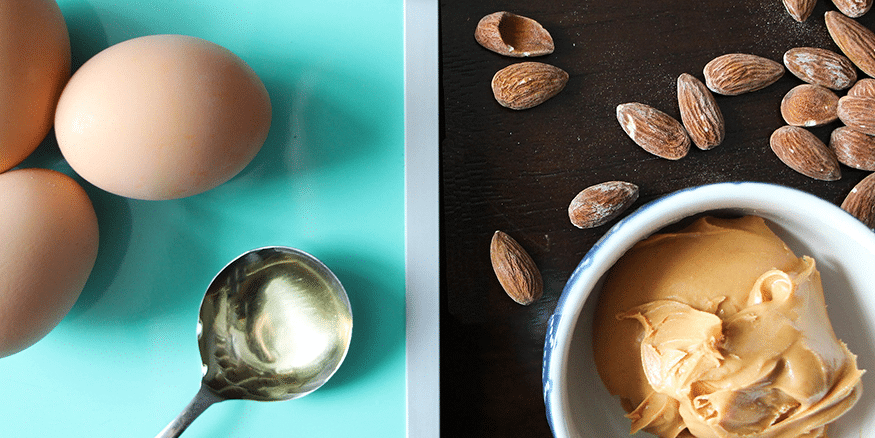
Role of Fats in Ulcerative Colitis
The data from a recent study published in the journal, Gut, shows that a high dietary intake of linoleic acid (n-6 PUFA) more than doubles a person’s risk of developing ulcerative colitis.
Ulcerative colitis is a chronic inflammatory bowel disease consisting of fine ulcerations in the inner mucosal lining of the large intestine, with symptoms including pain and bloody diarrhea.
BadFats
During digestion, linoleic acid undergoes transformation and then incorporates into the membranes of cells within the colon. This provides a source of pro-inflammatory molecules, which may predispose an individual to ulcerative colitis. Red meat, cooking oils (especially corn and sunflower oils), and polyunsaturated margarines are examples of foods that contain linoleic acid. The study involved 203,193 men and women from seven regions in five European countries. All participants provided information on their diets, level of physical activity, and other lifestyle factors, such as smoking and alcohol intake. Specific nutrient counts were calculated by multiplying the frequency of consumption of the relevant food by its fatty acid content. Participants who developed ulcerative colitis during the study period had their diagnosis confirmed by a physician.
GoodFats
Interestingly, researchers also found that high dietary intake of another essential fatty acid, docosahexaenoic acid, (n-3 PUFA), better known as DHA, one of the three Omega 3 fatty acids, was associated with a 77% reduction in the chance of developing ulcerative colitis. This fatty acid has known anti-inflammatory properties, which may play a role in preventing colonic inflammation. Dietary sources include cold-water fish such as salmon, mackerel, rainbow trout, and light tuna, as well as flaxseed oil, walnuts, and eggs. The researchers recognize further study is required in different populations to assess the consistency of these results.
Dietitians of Canada state DHA and other Omega 3 fatty acids are an important contribution to good health. The diet of most Canadians contains less than half of the recommended intake of Omega 3s.

